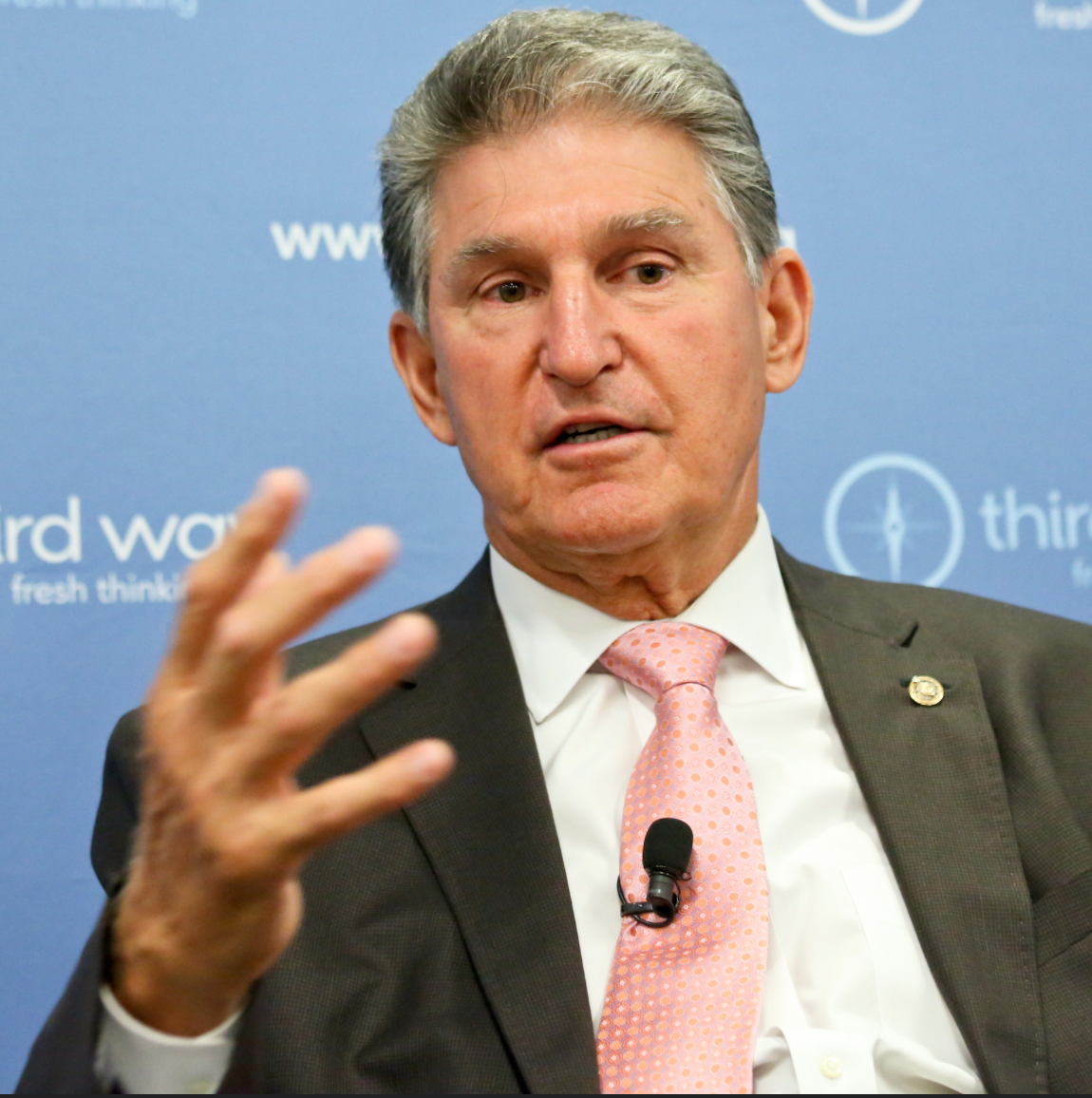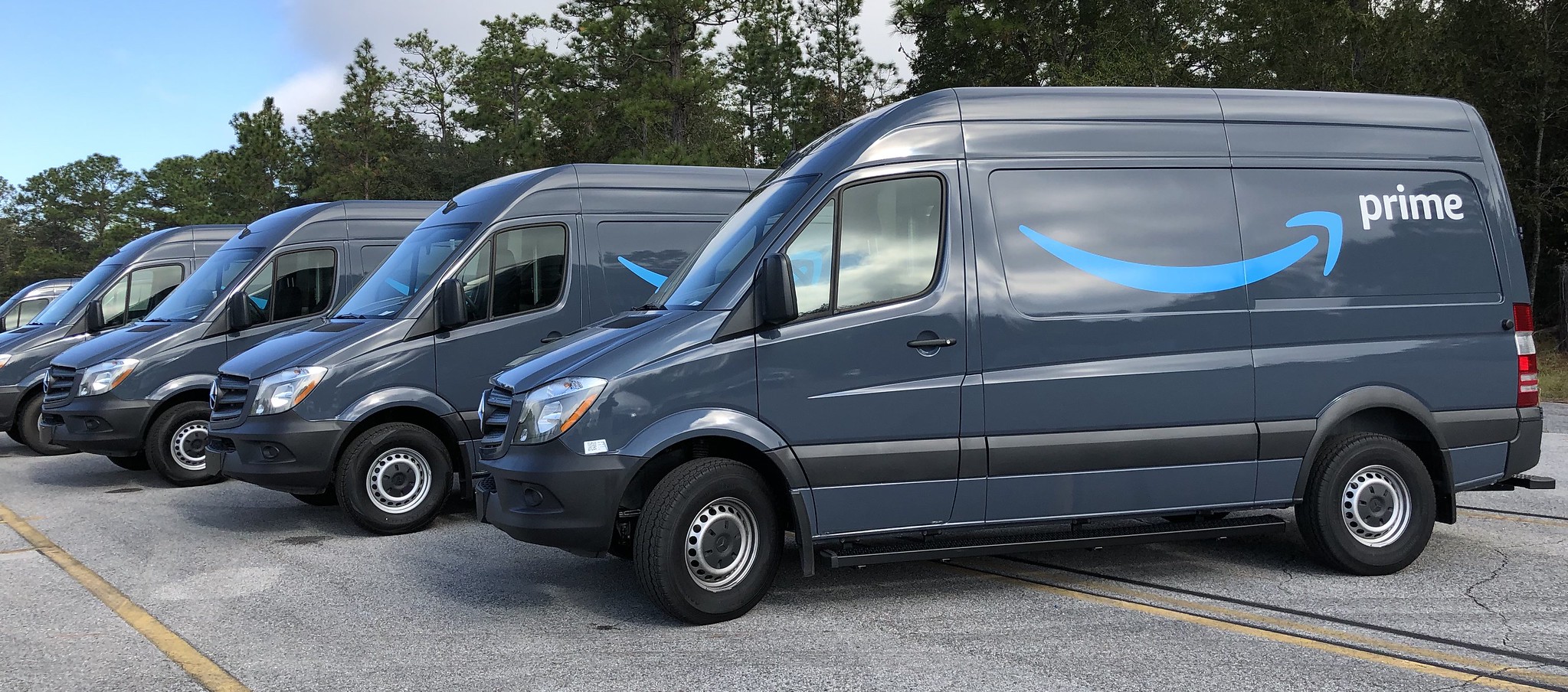Congress was forced to delay a vote on a bill that would have reauthorized the nation's major transportation programs last night, missing a critical midnight deadline and throwing the future of sustainable-transport advocates' priorities into doubt.
House Majority Leader Nancy Pelosi (D-Calif.) conceded late last night that she did not yet have enough support to pass the bipartisan Infrastructure Investment and Jobs Act. Hopes of passing the legislation with the support of a handful of GOP centrists were dashed when the Democrats' progressive caucus made good on their months-long promise to stall the bill if Congress failed to pass Biden's social-spending package, the $3.5 trillion Build Back Better Act, through budget reconciliation first.
The defeat caused the immediate shutdown of much of the Department of Transportation, which analysts say will furlough an estimated 3,000 to 4,000 workers. The pausing of the at least $200 million in funding for state DOTs that the USDOT disperses each day could result in more furloughs across America unless the stalemate is broken.
The House is expected to attempt a vote on the legislation again Friday, if the Senate can broker a deal on the reconciliation package that meets the approval of both the progressives and holdout Sens. Joe Manchin III (D-W.Va) and Kyrsten Sinema (D-Ariz.)
After transit advocates panned the IIJA as a status-quo bill that undercut proposed historic investments in mass transit in favor of investments in highways, the bill gained begrudging support during the summer — particularly after analysts warned that likely midterm losses among Democrats could leave any future reauthorization package in the hands of the GOP. Active transportation advocates were even more supportive, thanks to the significant boosts for the Transportation Alternatives Program and a handful of other priorities buried in the legislation.
But both camps became more optimistic following the release of the full text of the IIJA's long-promised companion bill, the $3.5 trillion Build Back Better Act. The package, which Democrats are seeking to pass through budget reconciliation without Republican support, would pour money into Democratic social spending priorities while devoting funds to enhancing mobility for underserved neighborhoods, reconnecting communities destroyed by highways, and more.
President Biden and Pelosi, in a gesture of good faith toward progressives, promised not to put the reauthorization bill up for a vote until the reconciliation measure passed — and, in response, some 50 progressives announced they would not vote for the reauthorization unless they kept the promise.
But that quickly proved challenging.
Even before the full text of the budget measure was released, Manchin and Sinema maintained that they were willing to tank the entire package unless their concerns were addressed — although details remain scant on what kind of legislation would win their support.
Manchin drew the ire of progressives when it was disclosed just hours before the proposed reauthorization vote that, months before, he had secretly told Senate Majority Leader Chuck Schumer that he would not support a reconciliation package costing more than $1.5 trillion, and that he wanted the package to be "fuel neutral," meaning that certain legislation benefiting coal and fossil fuel industries would be preserved. That would reduce the spending measure by more than half, while undermining progressives' climate strategy and likely requiring certain programs to be thrown in the trash — including, most likely, popular sustainable-transportation measures such as a new refundable e-bike tax credit.
"This is absolutely absurd," Rep. Cori Bush (D-Mo.) told CNN, in response to Manchin's demand. "The fact that one person who is not affected by what would come out of this Build Back Better Act, he's not affected by it personally, but the people in our communities all across this country are. They deserve a voice."
With the reauthorization still in limbo, the path to any successful transportation legislation just got even longer, and a raft of sustainable-transportation priorities are being kicked down the road.





